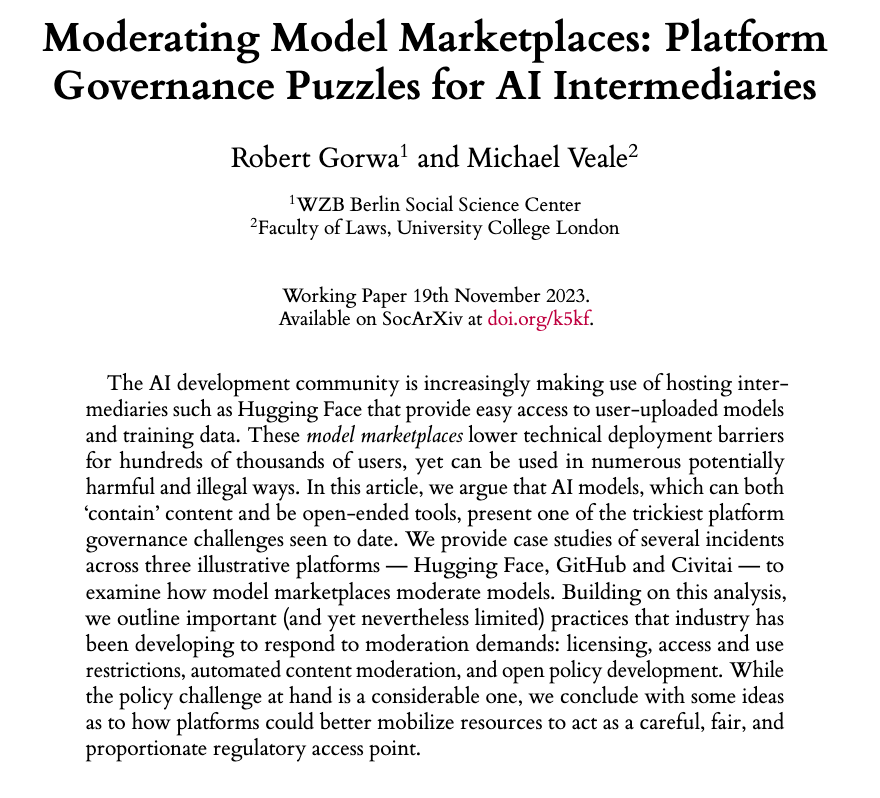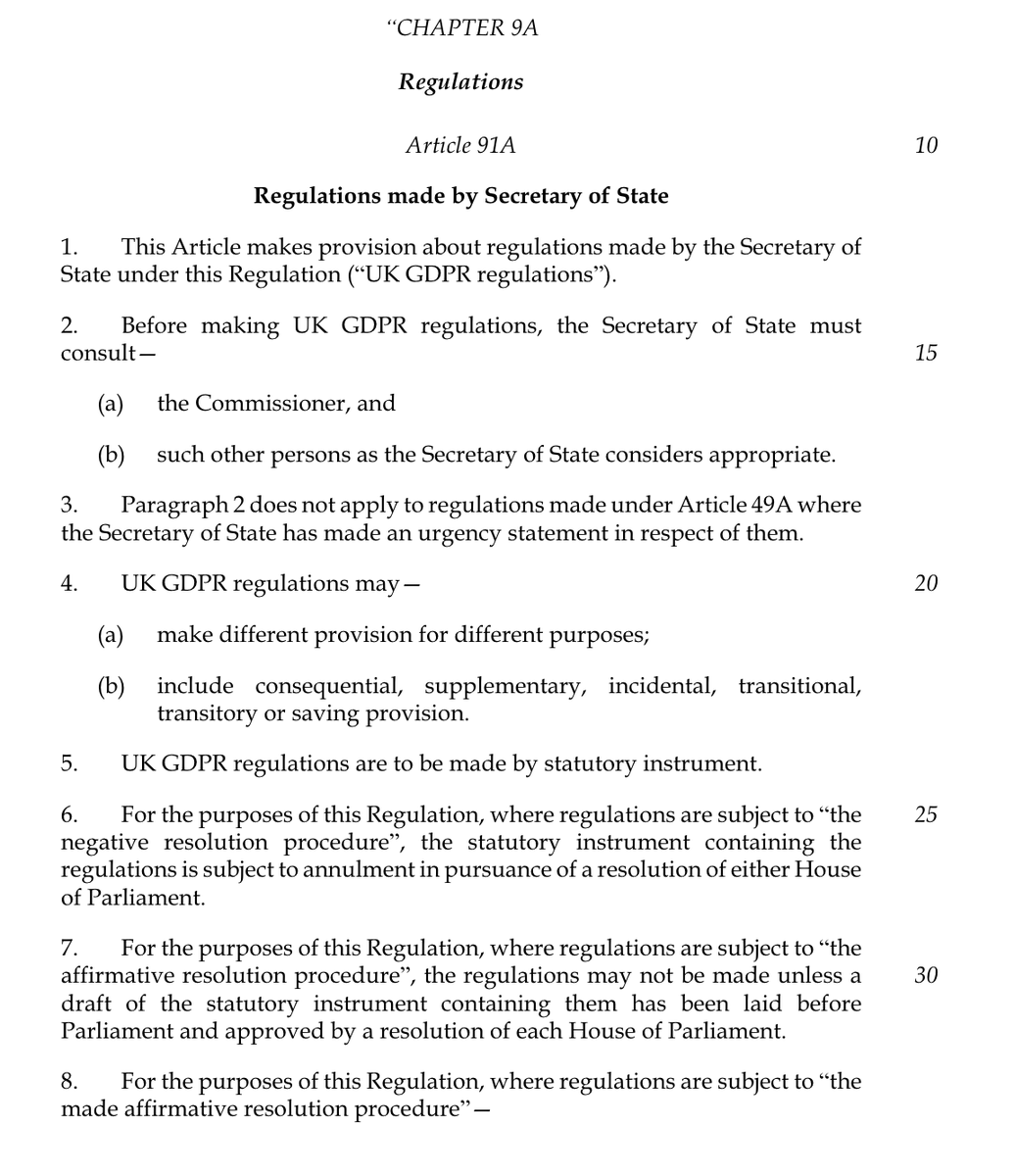After a long, unnecessary saga, England/Wales launches a decentralised contact tracing app based on the DP-3T work led by @carmelatroncoso, following other regions of the UK.
On privacy and public health grounds, you should download and use it. apps.apple.com/gb/app/nhs-cov…
On privacy and public health grounds, you should download and use it. apps.apple.com/gb/app/nhs-cov…
The original was a triple whammy of hubris: wouldn’t work abroad, wouldn’t work technologically on platforms, centralisation open for abuse and function creep.
This version has much better foundations.
I understand mistrust that may linger — but please do try this new one.
This version has much better foundations.
I understand mistrust that may linger — but please do try this new one.
We’ve also learned plenty about platforms. If governments want the citizens to be able to run arbitrary code on mobile devices, making use of all sensors, they’ll need the law to crack open walled gardens. theguardian.com/commentisfree/…
Early evidence from Switzerland shows an app as a useful complementary tool for contact tracing. medrxiv.org/content/10.110…
Because this new version is decentralised, you can see a comic of how it works here. ncase.me/contact-tracin…
Seemingly afraid that the England/Wales pop would not be selfless enough to install an app, this v filled with local risk scoring, local QR code venue check in, a symptom checker etc. Time will tell if mixing those functions was a good idea (failure of one can also damage trust)
Note that the Ethics Board that oversaw the first version of the app was scrapped and never reconstituted for this version — were they too inconvenient, and not playing the role of good, docile, ethicswashers?
If you want to know about privacy & security risks of the different configurations of all BT apps, we explored them all: github.com/DP-3T/document…
Nothing is risk free, but attacks that work on decentralised systems require serious physical infrastructure, for little info gain.
Nothing is risk free, but attacks that work on decentralised systems require serious physical infrastructure, for little info gain.
It also can’t be emphasised enough that if there are no tests available to test people whom the app alerts, potentially twice, the whole thing could entirely buckle in its usefulness.
• • •
Missing some Tweet in this thread? You can try to
force a refresh











